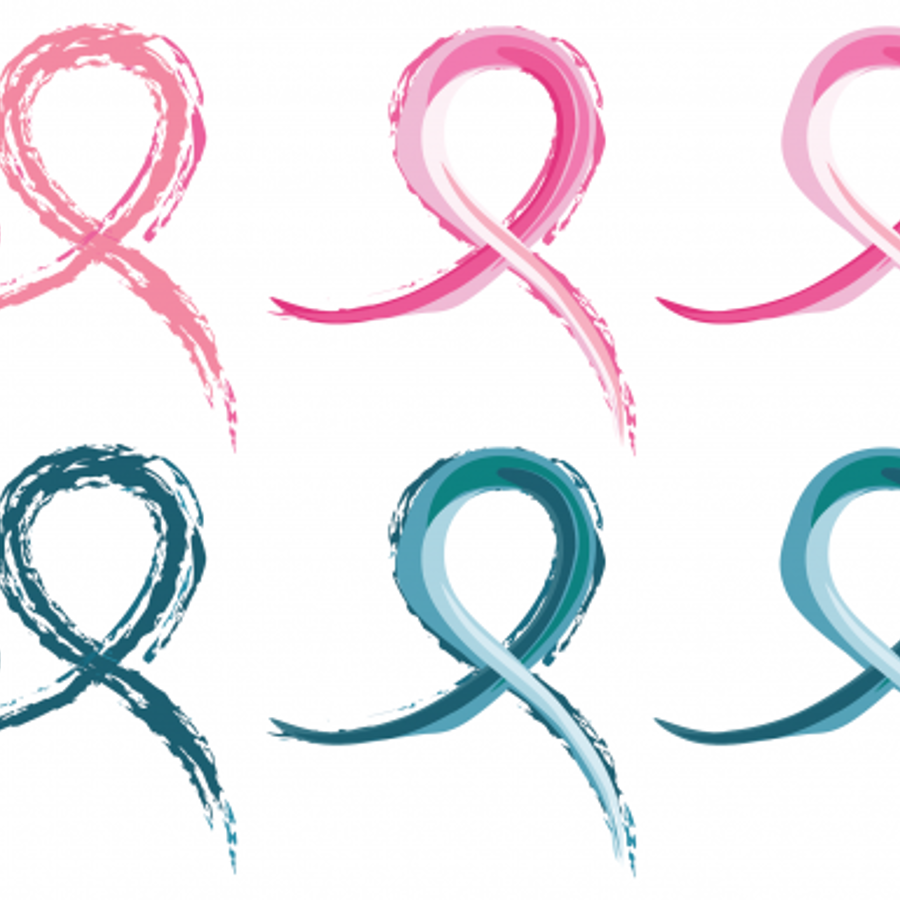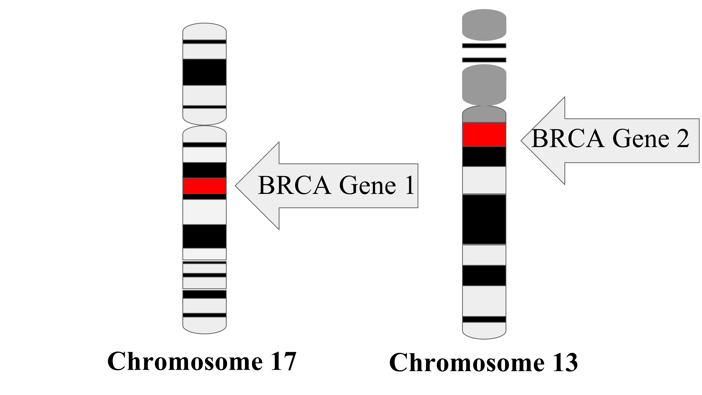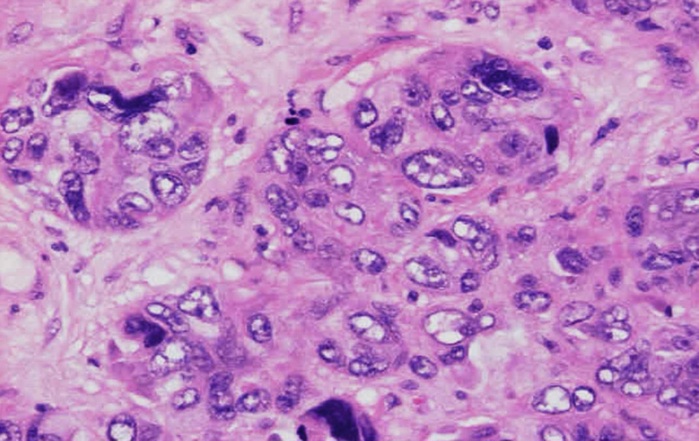
Does a negative result on a BRCA1 test mean that someone won't get breast or ovarian cancer?
January 11, 2012

- Related Topics:
- Mutation,
- Genetic testing,
- Cancer
A curious adult from California asks:
"Does a negative result on a BRCA1 test mean that someone won’t get breast or ovarian cancer?"
No, it does not. A BRCA1 test only addresses someone's risks for getting breast cancer because of mutations in their BRCA1 gene. It says nothing about all the other ways to get cancer. A person who gets back a negative result on their BRCA1 test can still get breast or ovarian cancer.
What Test Results Mean
A negative BRCA1 test result can really only tell someone that their BRCA1 gene does not increase their chances for breast or ovarian cancer. And this is the best possible result someone can get from the test. The majority of BRCA1 tests won't even be able to tell you that much.
Many BRCA1 tests look only for known differences that increase someone's chances for breast or ovarian cancer. So for these tests, a negative result means that none of these known variants (as recognized genetic differences are called) were found. The results say nothing about rare or previously unknown differences that can lead to cancer.
In fact, even the very expensive test that looks at every last letter of the BRCA1 gene is not foolproof. If the test finds a previously unidentified difference, scientists won't know what its effects might be. Maybe it increases someone's chances for cancer, maybe not.

And all of this is just for BRCA1-related cancer. As I said, there are lots of ways to get breast or ovarian cancer and BRCA1 is just one of them. BRCA1 test results say nothing about all of the other ways.
So a negative result does not mean someone won't get cancer. In fact, it may not even tell the whole story with regards to BRCA1-linked cancer risk. Even a positive result does not mean breast or ovarian cancer for sure. It only means an increased chance of getting cancer.
There are plenty of people with a concerning difference in their BRCA1 gene who do not get cancer. And plenty of women with no disease causing differences that end up with cancer.
Messy Genetic Tests
As you can tell, genetic tests can be a messy business. They often aren't like the simpler, single gene tests that can tell someone definitively whether they will get a disease or not (think cystic fibrosis or sickle cell anemia). Most genetic tests are much messier than that because the genetics of the disease are much more complicated.
As I've explained, the results of a BRCA1 test are not cut and dried. A positive result means an increased risk and a negative one means a probable decreased risk for BRCA1-related cancer. Neither result says definitively whether someone will develop breast or ovarian cancer.
And the BRCA1 test is one of the strongest of these types of tests out there. Many are even less conclusive.

For example, many testing companies offer a genetic test for Type 2 diabetes risk. The test is often based on one or at best a few genes. This isn't enough genes to give a meaningful result.
There are many genes involved in Type 2 diabetes risk with none of them dominating. So each gene contributes a bit to someone's risk of developing the disease.
Imagine Jane gets back a test result that she is more likely than the average person to get Type 2 diabetes. Scary result! Except that it may not be.
Maybe all or most of her other risk genes decrease her risk for Type 2 diabetes. These would then outweigh the tested gene so that Jane is actually at a decreased risk for getting Type 2 diabetes. The result was actually wrong because the test was incomplete.
When to Test
So are tests like the BRCA1 test useful at all? As with any genetic test, that depends on the situation of the person being tested. And the person.
Remember, this kind of test won't tell someone they will get a disease for sure. It can only say that it increases their odds of getting the disease.
But this is good enough for some people. They may want to know as much as possible about their genes and can deal with and understand the results of such a test. They are a good candidate for a test.
A BRCA1 test might also be useful if cancer runs in someone's family (especially if a relative has been tested and found a certain BRCA1 difference). And there are other cases where the test would be useful too.
Sometimes though a test like this might not be worth taking. It is hard to know without learning more about the specific test and doing a bit of soul searching. A few of the questions you might ask yourself are:
- What can I actually learn from a test?
- Is there anything I can do with the results?
- How will I react to a positive result?
- A negative one?
- How will knowing this affect my family?
- And so on.
This list is obviously incomplete. Which is where genetic counselors come in.
They are trained to explain what a test can and can't tell someone and to help guide a person through the process. They can also help someone to interpret a genetic test’s results.

So if you're unsure whether a test is right for you or what the results might mean, there are worse things you can do than meeting with a genetic counselor. Click here to find a genetic counselor near you.

Author: Dr. D. Barry Starr
Barry served as The Tech Geneticist from 2002-2018. He founded Ask-a-Geneticist, answered thousands of questions submitted by people from all around the world, and oversaw and edited all articles published during his tenure. AAG is part of the Stanford at The Tech program, which brings Stanford scientists to The Tech to answer questions for this site, as well as to run science activities with visitors at The Tech Interactive in downtown San Jose.
 Skip Navigation
Skip Navigation
